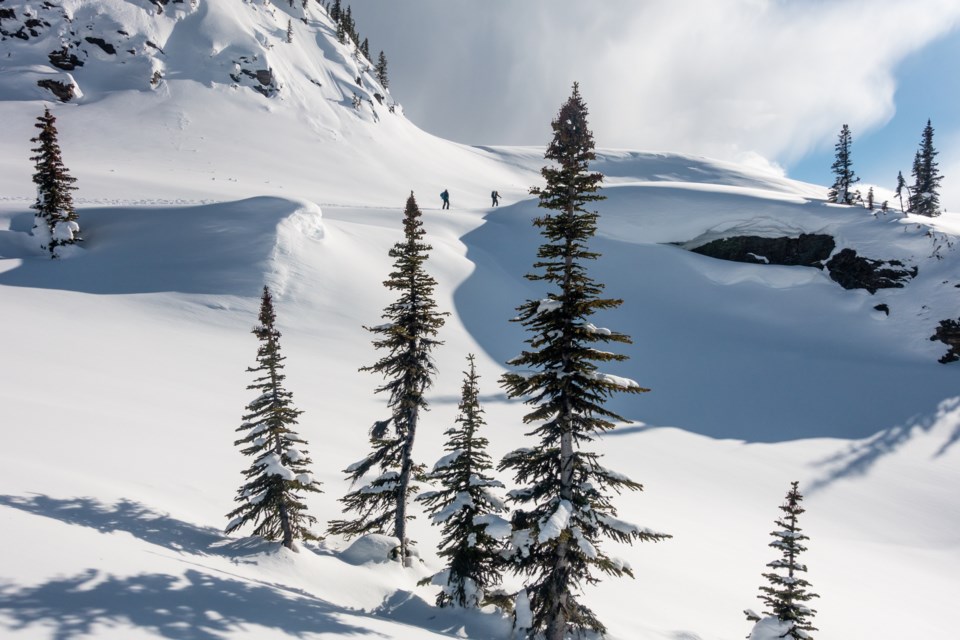In this world, there are dog people and there are cat people. I'm convinced those groups don't overlap. It’s a hill I’m ready to die on.
Sure, you can love your pets equally. Or maybe you’re just not an animal person at all—to each their own. But if you reach deep down, if you’re honest with yourself, I’d be willing to bet you resonate with one species more than another.
I don’t like to put people in boxes, but a fact is a fact.
I’ve always thought team sports and individual sports followed the same pattern. Some people are naturally drawn to one side of the aisle over the other, or just better suited to one dynamic for no definitive reason.
In my case, I grew up playing almost exclusively team sports and can’t remember ever truly caring about my individual results. Tennis was in the mix for a hot sec, but even then, I always liked playing doubles better. Winning never felt bad, obviously, but I was usually more concerned about having fun with my friends than beating opponents. Winning, if it’s just for me, has never been a particularly powerful motivator.
Not pissing off or letting down my teammates? Now that’s motivation.
Even beyond sports, we all know people who work better individually and others who thrive in team settings. One’s not necessarily better than the other, it’s just a different way of operating.
Well, depending on who you ask. A 2019 study published in the Journal of Sports Science & Medicine found athletes who play team sports may be less likely to suffer anxiety or depression than their counterparts competing in individual sports.
The study found 13 per cent of respondents who played individual sports reported experiencing anxiety or depression, compared to seven per cent of team-sport athletes. The report also found individual-sport athletes were motivated to compete for goal-oriented reasons, compared to team-sport athletes that were drawn to the field, court, or ice for fun.
As much as I consider myself a member of the team-sports camp, I’ve also lived in Whistler for seven years. It’s a town that is literally built on individual sports: skiing, snowboarding, biking, even trail running. In all of those, passing means getting ahead of an opponent, not handing a ball or puck over to your teammate. At their most elite levels, there’s only one person standing on each step of the podium. At their most recreational? The expression “no friends on a pow day” had to start somewhere.
But that hasn’t been my experience. In those seven years, spending time in the mountains has given me an entirely new perspective on team dynamics. Those “individual sports” have, to me, rarely felt like solo endeavours.
You can go rip a few top-to-bottom laps by yourself, but a day on the mountain is a lot more fun when it’s spent with friends. Especially the ones who are just the right amount of better than you, who encourage you to push your self-imposed limits or tackle more challenging terrain without completely throwing you into the deep end.
But take skiing or snowboarding beyond the boundary rope, and that team element becomes even more important. Those friends you’re riding with on a pow day are going to be the ones most likely to notice if you suddenly find yourself stuck in a tree well. In the backcountry, where you're responsible for your own safety, having the right teammates can sometimes mean the difference between a good day or a bad one, between making good decisions or poor ones, or, in rare cases, the difference between life, death, or severe injury.
It’s a delicate balance, and a bigger team isn’t always better: research out of Europe has shown the risk of avalanche involvements increases for groups of four or more people.
In my view, those can be just as much of a team sport as hockey or soccer or volleyball or football. It requires honest communication, common goals, making sure everyone is on the same page when it comes to the game plan, trust in your teammates and their abilities, and the motivation not to let those teammates down. The difference? It’s a team sport where winning doesn’t have to mean scoring more goals, skiing the fastest, recording the most vertical or taking home a trophy. Winning can be as simple as getting home safe after a fun day outdoors, period.
Maybe the line between individual and team sports isn’t so clear, after all.




